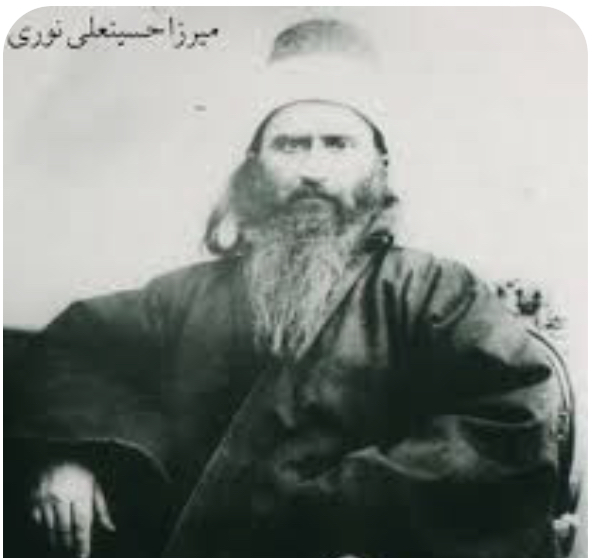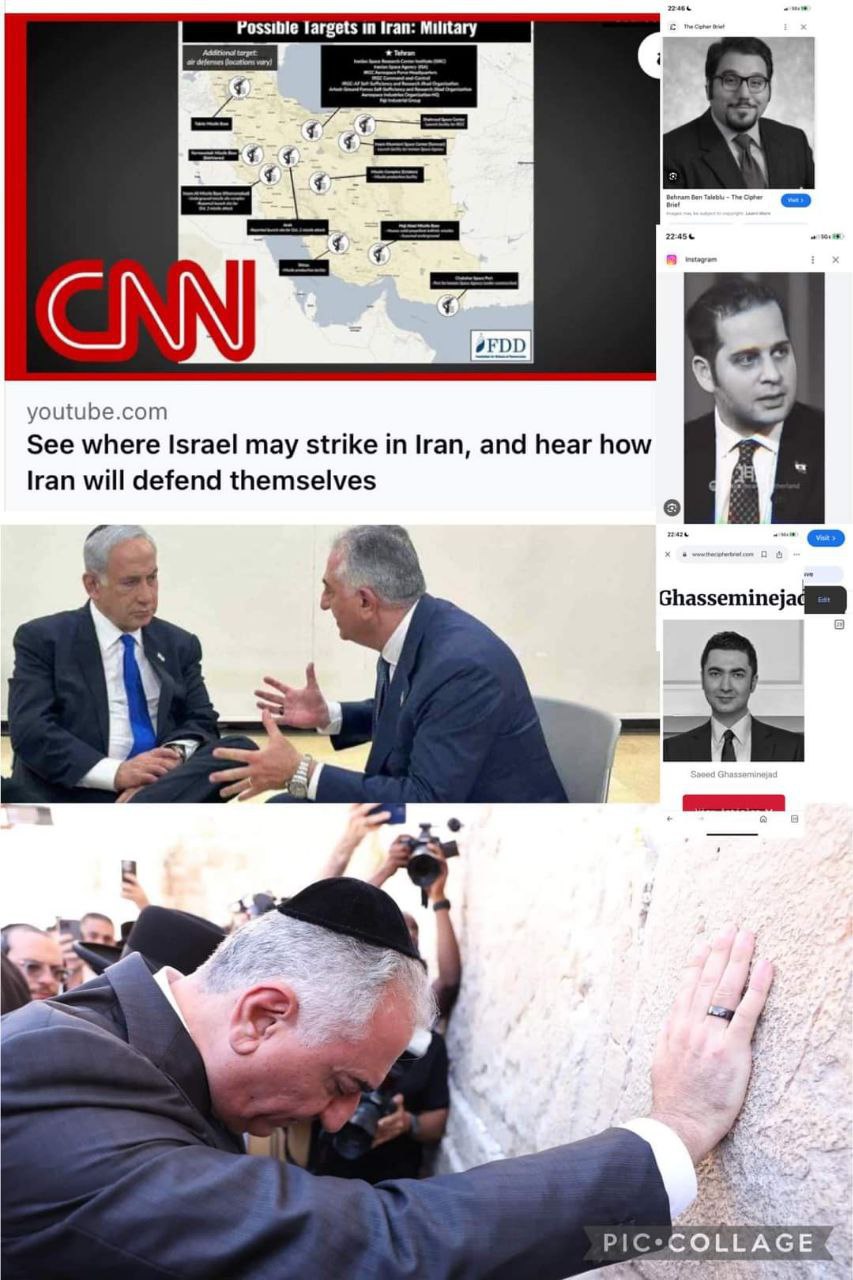While researching the Baha’i government, I came across an interesting story that I will tell you.
All the content is documented.
mother-of-evill
Mother of evill is the name of a book written by the daughter of Professor Ali Murad Davoudi.
I had previously read parts of Professor Davoudi’s book “Divinity, Manifestation, and the Book of Man in the Baha’i Faith” in research on Baha’i channels about Baha’i theology. He was a professor of philosophy at the University of Tehran and secretary of the Baha’i National Assembly.
mother-of-evill
Of course, Baha’is consider him to be a chrysanthemum, but according to this narration, this flower also had thorns.
Zohra Davoudi, who is his daughter, wrote a book called “Umm al-Fasaad”.
In this book, she explains that her father constantly beat Zohra with various means, such as a belt or threatening her with a knife, and called Zohra Umm al-Fasaad.
Zohra says that she ran away from home and eventually immigrated to America.
If this girl’s story is true, I don’t want to attribute her father’s bad behavior to being a Baha’i, but it is an interesting contrast that a prominent Baha’i who has lectured many times in his classes as a professor of philosophy and theology about unity and harmony (one of the 12 Baha’i teachings) and the importance of raising children in the Baha’i spirit, had another wild side that even beat his daughter.
I read the summary of this book on Ms. Elizabeth Marshall’s blog here. And I also saw and read the pages of the book that were about corporal punishment, of course.
And Ms. Elizabeth’s story was also interesting to me. She explains in her biography that she was a Baha’i for years and then suddenly she was rejected by the Baha’i community, but she still considers herself a Baha’i.
On this page, she explains in detail why she was rejected. She provides the relevant documents and finally refers to the fact that she has published all these documents in the New Zealand Public Library.
He was expelled without any explanation or prior warning.
He wrote to the Assembly and the House of Justice many times and received no response.
Finally, he complained to the House of Justice and the Assembly, but the response he received was that, since membership in the House of Justice is voluntary and the decisions of the House of Justice have a religious and spiritual aspect, the issue of his expulsion is not subject to complaint and judicial review.
Mrs. Elizabeth finally concludes that the Baha’i system makes decisions as it wishes and treats its members as it wishes and is not accountable.
Which, of course, is the case in the Baha’i faith. Because the Guardian of the Faith (Shoghi Effendi, the third leader of the Baha’is) explains in the book Qarn Badi’, page 663, that the House of Justice is not accountable to anyone.
Now, the Baha’i community must be accountable for how they want to implement unity in the human world, because such documents still exist. Baha’is constantly accuse Iran and the Iranian regime of violating human rights in international organizations, but there are many such documents that ostracize Baha’is and do not allow their families to communicate with them.
Are these not acts of human rights violations? Which divine religion treats its followers so harshly?
Read about Fadlallah Mohtadi, one of the Baha’is who was ostracized for criticizing Baha’is, on this site
b Mohtadi, known as Sobhi,




